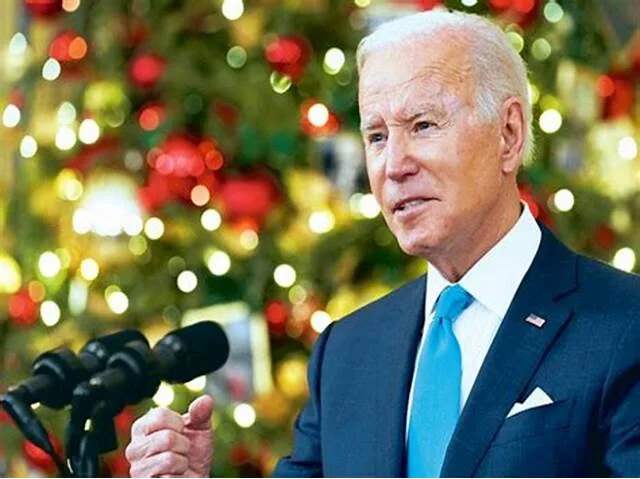Han Dak-soo, the acting president of South Korea, held a telephone call with US President Joe Biden, his office said in a statement today (Sunday).
“South Korea will implement its foreign and security policies without interruption, and will strive to ensure that the alliance between South Korea and the United States is maintained and steadily developed,”Han was quoted as saying.
The statement added that Biden informed Han that the strong alliance between the United States and South Korea remains the same, and that the United States will work with South Korea to further develop and strengthen the alliance between the two sides, as well as trilateral cooperation between South Korea, Japan and the United States.
For his part, Biden told the South Korean Prime Minister that the alliance between Seoul and Washington “will remain the pillar of peace and prosperity” in the Asia-Pacific region.
The US president, according to the White House in a statement, expressed his “appreciation for the steadfastness of democracy and the rule of law in the Republic of Korea”.
During this first exchange between Biden and Han, since the latter took office, succeeding President Yun Suk-Yul, Han, a veteran technocrat whom Yun chose as prime minister, became acting president, according to the Constitution, while Yun’s case is referred to the Constitutional Court.

Han, the prime minister, became acting president after parliament approved in a second vote the impeachment of President Yun Suk-Yul, with the aim of removing him, due to his short-term attempt to impose martial law. Yun has been barred from exercising his presidential powers, and the Constitution requires the prime minister to temporarily assume the duties of President.
In another effort to stabilize the country’s leadership, the main opposition party announced that it would not seek to hold Han accountable, due to his connection with Yun’s decision to declare martial law, on the third of December.
“Since the prime minister has already been assigned the functions of acting president, and since excessive accountability measures could lead to chaos in national governance, we decided not to proceed with accountability,”said Lee Jae-myung, leader of the opposition Democratic Party.
Yun’s sudden declaration of martial law and the ensuing political crisis have worried markets and South Korea’s diplomatic partners about the country’s ability to deter its nuclear-armed northern neighbor.
Han held a cabinet and National Security Council meeting shortly after the vote on Yun’s impeachment on Saturday and pledged to maintain military readiness to prevent any breach of national security. Philip Turner, a former New Zealand Ambassador to South Korea, said that Seoul’s partners want to see an interim leadership that can be trusted and adheres to the Constitution as soon as possible
.
But he said that even with an acting president in place, international partners will face months of uncertainty until a president is elected and a new government is formed.
The Constitutional Court has up to 6 months to decide whether to remove Yun or restore him to office. If he is impeached or resigns, new elections will be held within 60 days after that.
South Korean stocks rose for the fourth consecutive session on Friday, on the hope that the political uncertainty will improve after the impeachment vote in parliament, according to the “Reuters” news agency.
The leader of the Democratic Party said that the most urgent issue is the stagnation in consumption caused by insufficient domestic demand, and the government’s reduction of its financial role.
He called for the establishment of a national stability Governing Council that would include the government and parliament to discuss finance, the economy and public livelihoods. A crisis against the background of budget problems was one of the reasons that Yun mentioned when trying to impose martial law.
